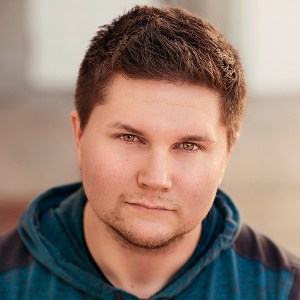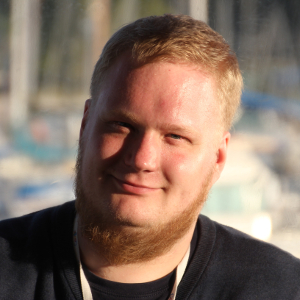At the beginning of 2016 the Xubuntu team started a process to transition the project to become council-run rather than having a single project leader. After careful planning, writing and approving the general direction, the team was ready to vote on for the first three members of the council for the project.
In this article we explain what the new Xubuntu Council is and who the council members are.
What is the Xubuntu Council about?
The purpose of the council is very similar to the purpose of the former Xubuntu Project Leader (XPL): to make sure the direction of the project stays stable, in adherence to the Strategy Document and be responsible for making long-term plans and decisions where needed.
The two main differences between a council and the XPL, both favoring the council approach, are:
- The administrative and bureaucratic work of managing the project is split between several people. This means more reliability and faster response times.
- A council, with a diversity of views, can more fairly evaluate and arbitrate disputes.
Additionally, the council will stay more in the background in terms of daily decisions, the council does not have a casting or veto vote in the same way that the XPL had. We believe this lets us embrace the expertise in the team even more than we did before. The council also acts as a fallback to avoid deadlocks that a single point of failure like “an XPL gone missing” could produce.
If you wish to learn more about the council, you can read about it in the Xubuntu Council section of our contributor documentation.
Who is in the Council?
On August 31st, Simon Steinbeiß announced the results of vote by Xubuntu project members. The first Xubuntu Council contains the following members:
- Sean Davis (bluesabre), the council chair and the Xubuntu Technical Lead
- Simon Steinbeiß (ochosi), the Xubuntu Artwork Lead and a former XPL
- Pasi Lallinaho (knome), the Xubuntu Website Lead and a former XPL and former Xubuntu Marketing Lead
As the titles alone can tell you, the three council members all have a strong history with Xubuntu project. Today we want to go a bit deeper than just these titles, which is why we asked the council members a few quick questions so you can start to get to know them.
Interviewing the Council
What inspired you to get involved with the Xubuntu project?
Sean: I started using Xubuntu in 2006 (when it was first released) and used it all throughout college and into my career. I started reporting bugs to the project in 2012 and contributing to the Ubuntu community later that year. My (selfish) inspiration was that I wanted to make my preferred operating system even better!
Simon: When Dapper Drake saw the light of day 10 years ago (I know, it’s incredible – it’s been a decade!) and I started using LInux my first choice was – and this has never changed – Xfce and Ubuntu. At first I never thought I would be fit to contribute, but the warm welcome from the amazing community around these projects pulled me in.
Pasi: When I converted to Linux from Windows for good in 2006, I started contributing to the Amarok project, my media player of choice back then. A few years later my contributions there slowed down at it felt like a natural step to start working with the operating system I was using.
Can you share some thoughts about the future of Xubuntu?
Sean: Xubuntu has always taken a conversative approach to the desktop. It includes simple, effective applications on top of a traditional desktop. That said, the technologies that Xubuntu is built on (GTK+, GStreamer, Xfce, and many many others) are undergoing significant changes and we’re always looking to improve. I think we’ll continue to see improvements that will welcome new users and please our longtime fans.
Simon: Change is hard for many people, however based on a recent psych test I am “surprisingly optimistic” :) While Xubuntu – and this is heritage from Xfce – has a what many would call “conservative” approach I believe we can still improve the current experience by quite a bit. I don’t mean this change has to be radical, but it should be more than just “repainting the walls”. This is why I personally welcome the changes in GTK+ and why I believe our future is bright.
Pasi: As Sean mentioned, we will be seeing changes in Xubuntu in consequence of the underlying technologies and components – whether we like them or not. To be able to be part of the decision making and that Xubuntu can and will feel as integrated and polished as it does now, it’s important to keep involved with the migration work. While this will mean less resources to put into Xubuntu-specific work in the near future, I believe it leads us into a better place later.
So that people can get to know you a bit better, is there an interesting fact about yourself that you wish to share?
Sean: Two unrelated things: I’m also an Xfce developer and one of my current life goals is to visit Japan (and maybe one day live there).
Simon: My background is a bit atypical: my two majors at University were Philosophy and Comparitive Religious Studies.
Pasi: In addition to contributing to open source, I use my free time to play modern board games. I have about 75 of them in my office closet.
Further questions?
If you have any questions about the council, please don’t hesitate to ask! You can contact us by joining the IRC channel #xubuntu-devel on freenode or by joining the Xubuntu-devel mailing list.
Additionally, if this sparked your interest to get involved, be in touch with anybody from the Xubuntu team. There are a lot of things to do and all kinds of skills are useful. Maybe someday you might even become a Xubuntu Council member!




